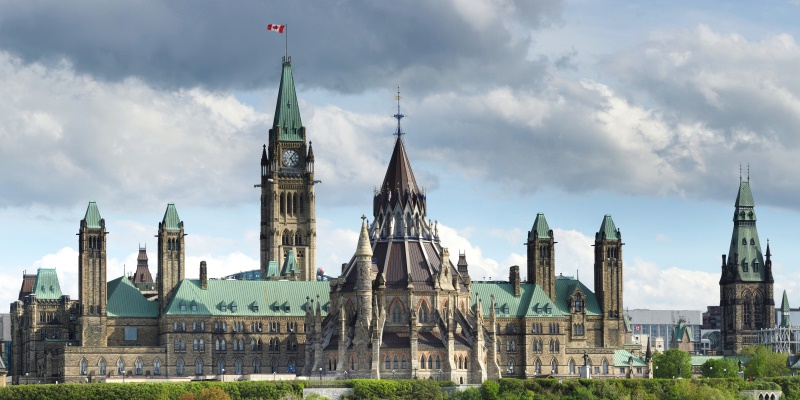If history is any guide, COVID-19 will transform Canada in heretofore unknown ways

COVID-19’s disruption of Canadian life is being met with extraordinary government action. Indeed, some are saying we’re in a war against the virus and war requires mobilization of all resources with associated powers.
The minority Trudeau government was considering a bill Tuesday that would give the finance minister and the federal cabinet the power to spend and tax without parliamentary approval—this is unprecedented, even when compared to government action during both world wars.
The considered legislation essentially grants Finance Minister Bill Morneau new powers to spend, borrow and tax—without the approval of Parliament—until December 2021. This essentially represents the use of executive orders-in-council, and orders-in-council have been used during past crises. Indeed, the Wartime Measures Act was adopted during the First World War and invoked during both world wars, allowing the executive to essentially take actions to ensure the security, defence, peace, order and welfare of Canada.
However, during these crises, the government of the day ultimately also commanded a parliamentary majority. The First World War began with a Conservative majority though the major parties co-operated to extend the life of Parliament for a year to postpone a wartime election (although the conscription crisis forced an election in 1917). A coalition party of Conservatives and English-speaking Liberals was formed and this party won a majority though the country was deeply divided between Quebec and English-speaking Canada. During the Second World War, there was a majority Liberal government under Mackenzie King and therefore parliamentary approval was assured.
A minority government with majority powers would indeed be new territory for Canada’s parliamentary democracy.
The major effect of both world wars was a massive mobilization of the Canadian economy and transformation of the country’s government finances to pay for the war effort. The First World War sparked enormous revenue needs on the part of the federal government as tariff revenues proved inadequate because the war dried up international trade. The most significant development of this period in terms of federal finances was the entry into direct taxation with a business profit tax in 1916 and a general personal income tax and corporation income tax in 1917.
Despite these new revenue sources, Ottawa also moved into deficit-financing and a vast war debt was accumulated. As a result, in 1921 the federal sales tax was introduced. Thus, the First World War saw an expansion of federal government revenue tools, and an unprecedented experience with large-scale deficits and debt. It was the birth of the modern Canadian tax and expenditure system.
The Second World War continued Canada’s economic and fiscal transformation, first in terms of massive debt acquisition and in intergovernmental finance that witnessed the Wartime Taxation Agreements that saw Ottawa essentially take over provincial personal and corporate income tax bases in return for a compensatory revenue payment. This eventually paved the way for the modern system of intergovernmental transfers including equalization. Moreover, there were major increases in personal and corporate income tax rates and commodity taxes.
Spending and taxation in Canada soared to new heights during the war eras. Program spending (as a share of the economy or GDP) was 6.4 per cent of GDP before the First World War then surged to peak at nearly 14.5 per cent by war’s end (1918). It soared again during the Second World War peaking at just over 46.9 per cent in 1943.
The largest deficits (as a share of GDP) were during the Second World War with a peak of 22.5 per cent. As for net public debt, it rose during and after the First World War to peak at 55 per cent by 1921 before declining. During Second World War, it peaked at the all-time high of 108.2 per cent by war’s end.
While COVID-19 and the response to it do not obviously represent the equivalent of armed conflicts such as world wars, rest assured these are indeed challenging times and fiscal outcomes will be unanticipated. When the First World War began, there was no expectation that it would spawn an entirely new tax system. When the Second World War began, there was no expectation of the transformation of the system of intergovernmental transfers that would mark the post-war era.
In the same way, the mobilization of resources by the federal government to deal with COVID-19 will also have unanticipated long-term effects on both Canada’s government finances and political life.

